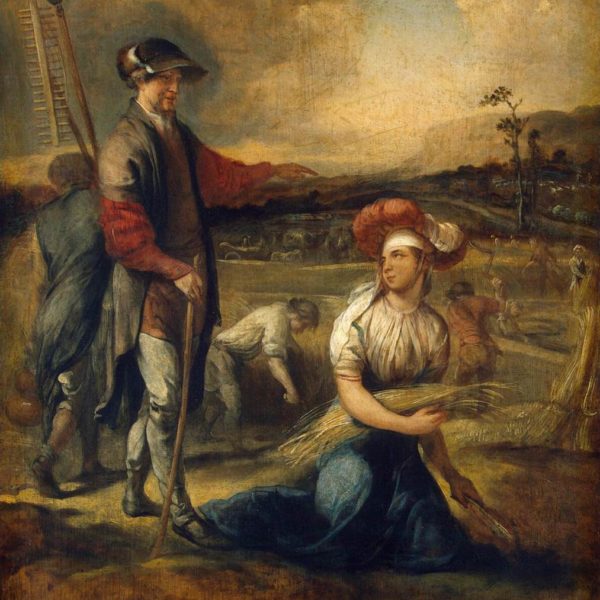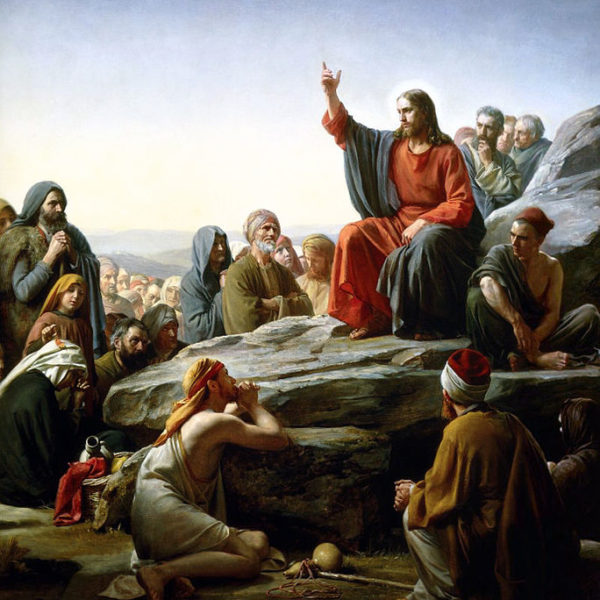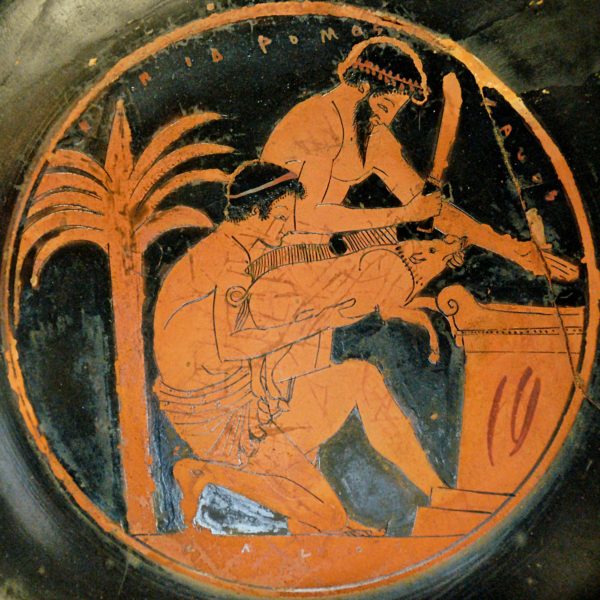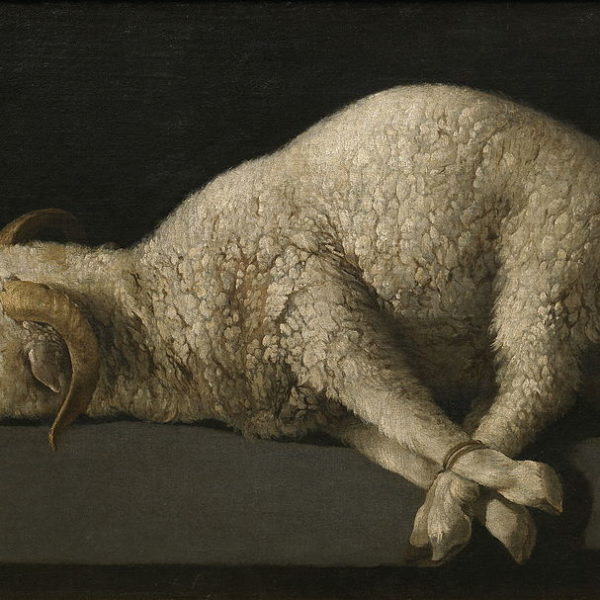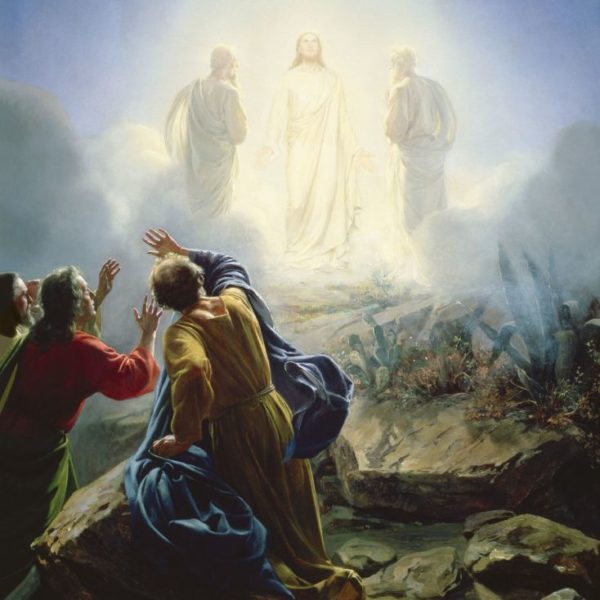
There is such a thing as a ‘near-life experience,’ a transforming encounter with the light of life. The Transfiguration describes a remarkable encounter of such a kind, an encounter that may find pale reflections in our own lives, much needed at the current time.
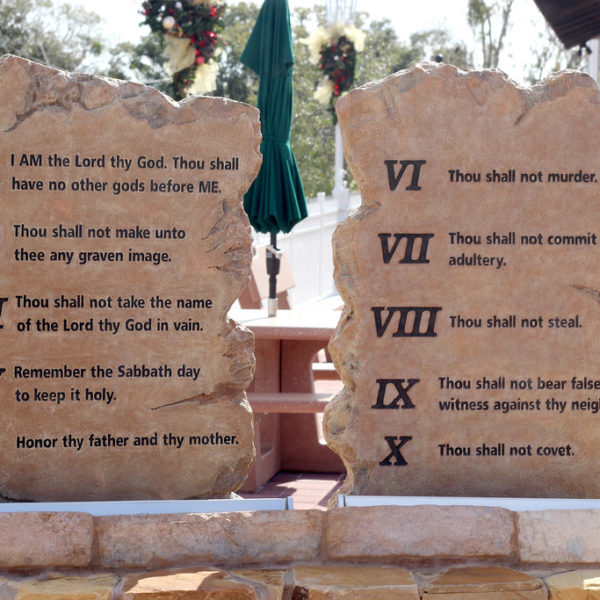
Jesus’ teaching in the Sermon on the Mount unsettles many biblicist ways of understanding Scripture. It may even be better to move from speaking of ‘the Scriptures’ as a noun, to speaking of ‘Scripturing’ as a verb.

The call of Jesus to his disciples required a surrender of all they had previously understood their identities to be.

Biblical stories about baptism are connected to, but also at odds with, historical theology about baptism as well as the current liturgical practices of baptism. Matthew’s account of Jesus’s baptism gives us a helpful window into the reality.

A competent sentinel must be vigilant, alert to and able to read the faintest signs upon a distant horizon, perceiving the most miniscule of details and discerning their greater import when they finally appear. In the opening chapters of both Matthew and Luke, we encounter a series of watchers and signs, presented in part as examples to the readers of the gospels in their own watching.
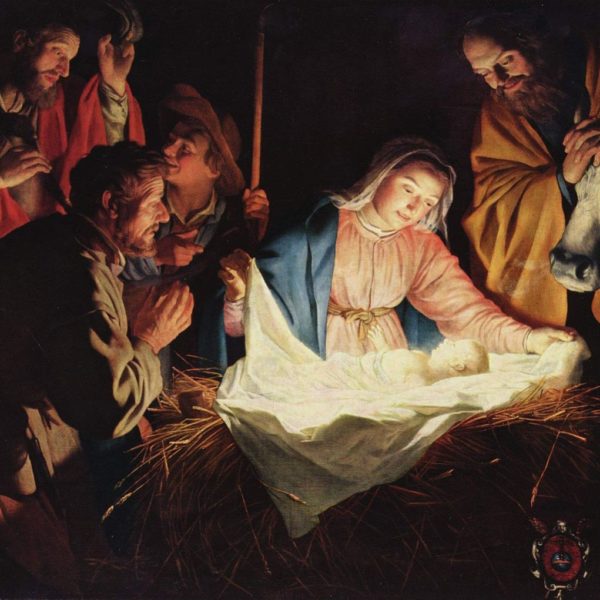
God who became one of us so inconspicuously is still walking among us, very quietly, making our lives special.
